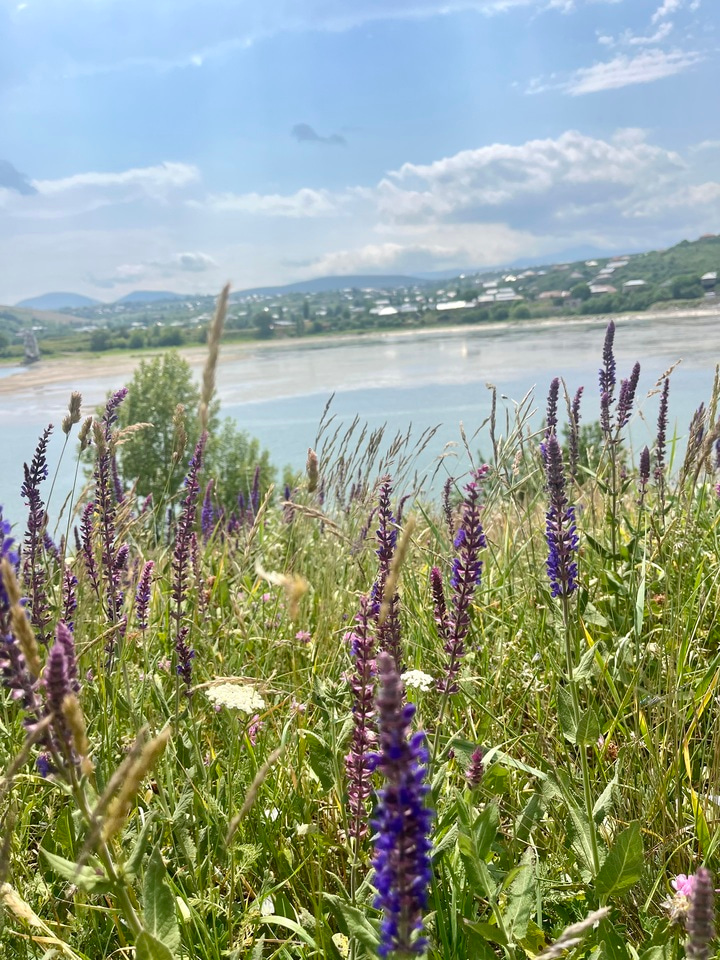
I can't believe that I am already finishing up my third week at the Women's Support Center (WSC)! On Monday, I was joined by Christine, another Armenian Assembly intern who goes to UCLA. She is a heritage speaker of Eastern Armenian, and has been a big help in teaching me the language. Together, we had a meeting with our supervisor, Ani, and two remote interns, Sona and Hannah, to delegate tasks for the judicial training project and have a broader conversation about how we can apply what we find to the Armenian context. Since then, we have been learning a lot about best practices for judicial education and andragogy (adult education).
The highlight of our week at the WSC was art therapy this afternoon. Since everyone at the center deals with such heavy topics day in and day out, especially the social workers and hotline managers, it is important to take time for self-healing and community. We all sat around a table and were asked to draw a scene from nature that we felt expressed a difficult time in our lives. Then, we all talked about what we created and were asked to redraw our pictures after seeing our problem or experience in a new light. It was a really incredible experience to see what everyone came up with, how they visually conveyed their emotions in different and creative ways. Especially because of the language barrier, I feel that I got to know many of my coworkers better than before, and it was sweet to see how they all care for each other—whenever someone teared up or became emotional, someone else would run to bring them tissues or water, or wrap their arm around them.
I drew a field of poppies with oil pastels and watercolor, and talked about this past year at Columbia, about witnessing police brutality on campus and seeing my friends hurt protesting for Palestine in the streets. I talked about the vigil we had for the martyrs of Gaza, where we made paper poppy flowers and wrote a martyr’s name on each before planting it in the ground. I mentioned how I felt seeing the poppy field on the way back from Vanadzor two weeks ago, how it made me think of the saying: “they tried to bury us, but they didn’t know we were seeds.” I talked about community, and how taking care of each other is the only way to get through these times, when our homelands are engulfed in bombs and drones. My boss, Ani, helped translate my words so everyone could understand, and my coworkers liked the story behind my drawing so much that they want to hang it on the wall. Srpuk says it reminds her of how she felt during the years of the Artsakh wars, about the importance of fighting back.
After art therapy, we all convened in the kitchen for a delicious lunch, followed by fresh dziran (apricots) from Nova’s garden.
Outside of the center, I have had an incredible time eating amazing food (my cousins and I went to probably every Lebanese restaurant in Yerevan), visiting the Matenadaran manuscript museum, and paying homage at Tsitsernakaberd, or Swallows’ Fortress, the memorial dedicated to the Armenian Genocide. I walked along the wall engraved with the names of Western Armenian cities, stopping in front of each my family is from: Երզրում, Արաբկիր, Այնթապ, and laid flowers at the eternal flame. This past Sunday, I also attended a master baking class where I learned how to make ժենգյալով հաց, or Artsakhtsi bread, a flatbread filled with dozens of fresh herbs, oil, and spices. The class was taught by a woman displaced from Artsakh, and we had a long conversation about the struggles of the Artsakhtsi people.
Altogether, this week was an important reminder of what we owe to each other; that community is the strongest thing we have; and that no matter where I end up in the world, I will always be able to find my people.
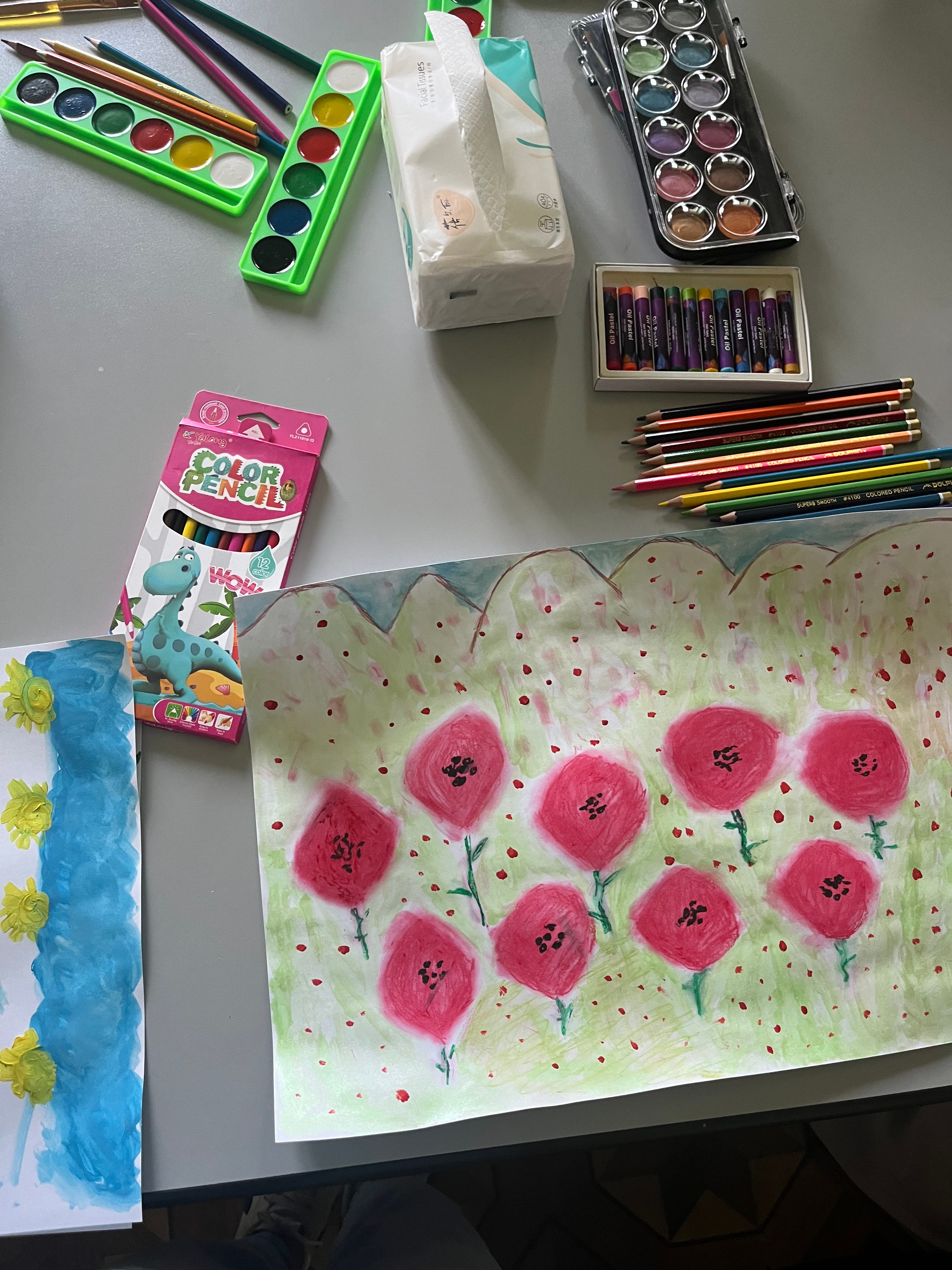
@Barnard College

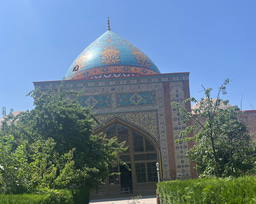
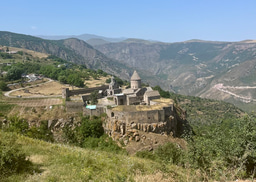
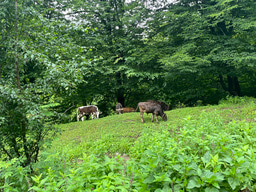
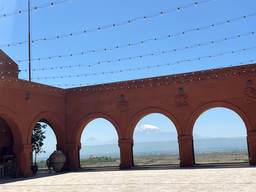
Please sign in
If you are a registered user on Laidlaw Scholars Network, please sign in